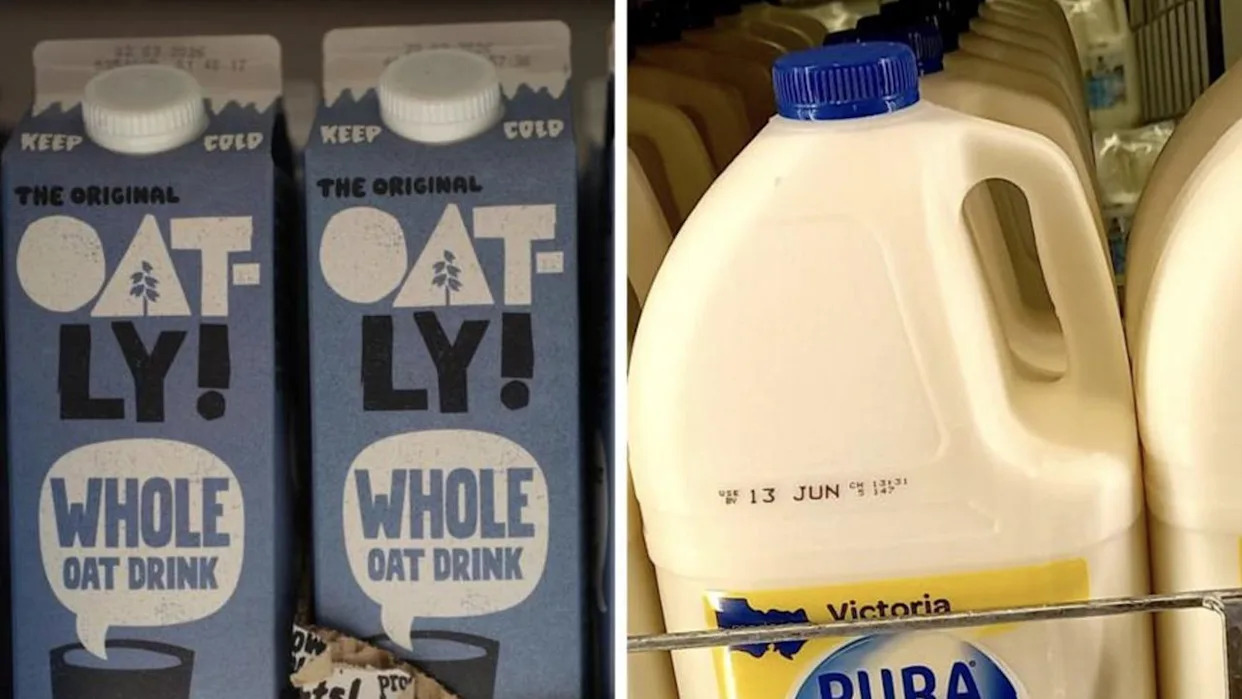
Research conducted by Andrew Gershoff, a professor of marketing at Texas McCombs, reveals that consumer perceptions of corporate wrongdoing may be significantly influenced by their beliefs in divine intervention. The study specifically examines how individuals interpret the relationship between corporate misconduct, such as environmental violations, and the subsequent consequences faced by those companies.
A notable example highlighted in the research involves a company that dumped toxic chemicals into a river to reduce operational costs. Shortly after, a major storm struck the area, causing extensive damage to the same company. This scenario raises an important question: is this merely a coincidence, or do consumers perceive a deeper connection between the company’s actions and the storm?
According to the findings, consumer reactions vary based on their belief in divine intervention. Those with a strong conviction that a higher power influences earthly events tend to interpret adverse outcomes for companies as a form of punishment for wrongdoing. This belief can shape their attitudes toward the brand, potentially affecting purchasing decisions and overall trust in the company.
Gershoff’s research indicates that when consumers see a direct link between corporate crimes—like the dumping of toxic substances—and subsequent misfortunes, they may feel justified in their negative perceptions. The implication is that companies engaging in unethical practices do not only face legal repercussions but also risk damaging their reputations in the eyes of the public.
The study suggests that organizations should be particularly mindful of their actions and the potential environmental impacts, as these factors can influence consumer sentiment. Brands that aim to maintain a positive image must consider how their behavior is perceived in the context of broader societal values, including the belief in divine justice.
Furthermore, the research highlights the broader implications of consumer beliefs on corporate accountability. Companies that fail to take responsibility for their actions may find themselves facing not just legal challenges but also a loss of consumer loyalty driven by moral considerations.
In an era where corporate responsibility is increasingly scrutinized, understanding the psychological factors that influence consumer behavior is critical. Gershoff’s study sheds light on how deeply held beliefs can shape reactions to corporate conduct, emphasizing the need for transparency and ethical practices in business operations.
As the landscape of consumer expectations evolves, businesses must engage with these beliefs to foster trust and loyalty. With growing awareness of environmental issues and corporate ethics, companies that align their practices with consumer values are likely to thrive in the competitive market.






